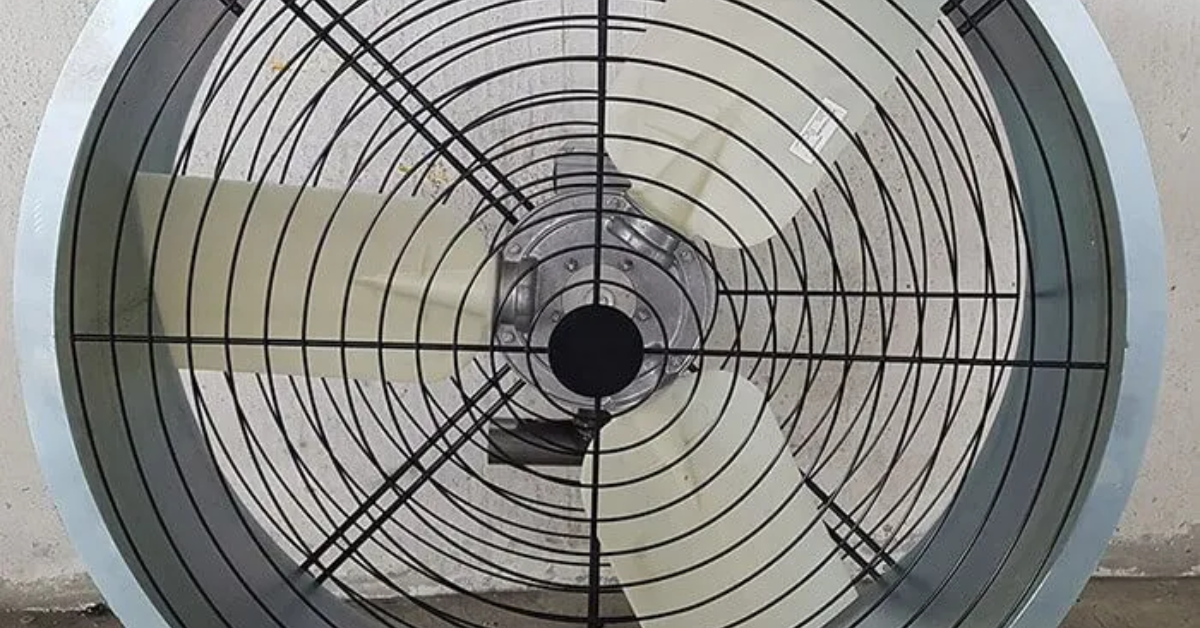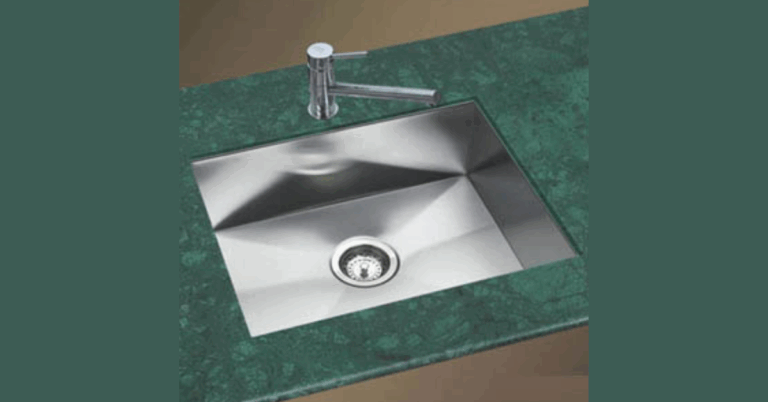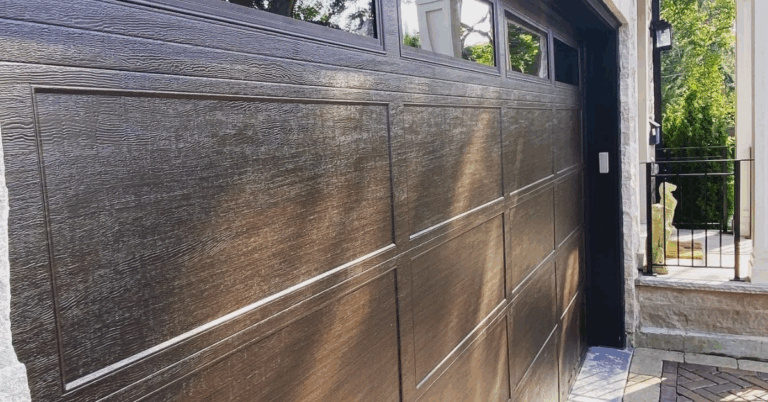Industrial Exhaust Fan Singapore: A Complete Guide
In the world of industrial operations, ventilation is more than just a comfort—it’s a necessity. Whether you’re managing a factory, warehouse, commercial kitchen, or workshop in Singapore, proper air circulation ensures the safety, productivity, and health of everyone within the space. One of the most effective tools for maintaining air quality in such environments is the Industrial Exhaust Fan Singapore.
Industrial exhaust fans serve as the backbone of air circulation systems. They extract hot air, fumes, smoke, moisture, and contaminants, creating a safer and more breathable atmosphere. In Singapore’s humid climate and dense urban setup, the right exhaust fan can make a significant difference to operational efficiency and employee well-being.
This comprehensive guide explores the importance, types, benefits, and installation considerations of industrial exhaust fans in Singapore, along with a helpful FAQ section.
Why Industrial Exhaust Fans Are Essential in Singapore
Singapore’s tropical climate is characterized by high humidity and temperature levels year-round. These conditions can cause discomfort, reduce productivity, and, in certain industries, pose health and safety risks. Industrial exhaust fans address these challenges by:
Reducing Heat Buildup: Manufacturing equipment and machinery often generate excessive heat. Without proper ventilation, indoor temperatures can become unbearable and even damage equipment over time.
Removing Contaminants: Industries dealing with chemicals, dust, or fumes need reliable systems to extract harmful particles and maintain air quality.
Enhancing Airflow: Proper ventilation ensures that fresh air circulates efficiently, preventing stale air from stagnating.
Promoting Safety: Exhaust fans reduce the risk of accidents caused by fumes or overheating machinery.
Meeting Regulatory Standards: Workplaces in Singapore must comply with workplace safety and health regulations, which often require effective ventilation systems.
Key Applications of Industrial Exhaust Fans
Industrial exhaust fans are widely used across many sectors in Singapore, including:
Manufacturing Plants: To eliminate heat, smoke, and fumes generated during operations.
Warehouses: To maintain air circulation and protect stored goods from moisture damage.
Commercial Kitchens: To remove grease-laden air, steam, and odors.
Workshops and Garages: To ensure safe working conditions when handling chemicals or running engines.
Greenhouses and Farms: To control humidity and provide plants or animals with fresh air.
Construction Sites: For dust and fume removal in enclosed workspaces.
Types of Industrial Exhaust Fans
There are various types of industrial exhaust fans, each tailored for specific uses. Choosing the right one depends on your operational needs and building layout.
1. Wall-Mounted Exhaust Fans
Installed on external walls, these fans draw out stale indoor air and allow fresh outdoor air to enter. Ideal for warehouses, factories, and commercial kitchens.
2. Roof-Mounted Exhaust Fans
These are fixed on rooftops to vent hot air and fumes upward. They are often used in high-ceiling industrial units where hot air rises.
3. Inline Duct Fans
Placed within duct systems, inline fans help push air through long ductwork systems. Suitable for large buildings and places where external mounting isn’t feasible.
4. Centrifugal Exhaust Fans
These use centrifugal force to expel air efficiently. They’re excellent for moving air through ducts and dealing with heavier particulate matter.
5. Axial Fans
Axial fans move air in a straight line and are best for high airflow, low-pressure applications. Common in large-scale ventilation systems.
Factors to Consider When Choosing an Industrial Exhaust Fan in Singapore
Selecting the right fan involves more than just airflow ratings. Here are several important factors to evaluate:
1. Airflow Capacity
Measured in cubic meters per hour (CMH) or cubic feet per minute (CFM), this tells you how much air the fan can move. Choose according to your space’s volume and ventilation needs.
2. Noise Level
In noise-sensitive environments, opt for fans with sound-dampening features or lower decibel ratings.
3. Energy Efficiency
Energy-efficient models help reduce operating costs over time, especially in facilities where fans run continuously.
4. Material Durability
Look for fans made of rust-resistant and weatherproof materials, especially for use in humid or outdoor environments.
5. Motor Type
Single-phase or three-phase motors can be chosen based on power availability and usage requirements. Maintenance-friendly motors are ideal.
6. Mounting Options
Consider the structure of your building. Whether wall-mounted, ceiling-mounted, or ducted, the mounting should support easy installation and maintenance.
7. Control Systems
Some advanced fans come with timers, thermostats, or remote controls to enhance functionality.
Installation and Maintenance Tips
Installation
Always consult a professional technician or contractor experienced in industrial fan installation.
Ensure proper alignment and secure mounting to prevent vibration and noise.
For ducted systems, check that ductwork is properly sealed to avoid leakage.
Comply with Singapore’s Building and Construction Authority (BCA) or fire safety regulations when installing in commercial premises.
Maintenance
Clean blades and housing regularly to avoid dust buildup.
Lubricate moving parts if applicable.
Inspect wiring, motor, and switches for wear or damage.
Check fan balance to reduce wear and improve efficiency.
Replace filters or components as recommended by the manufacturer.
Regular maintenance not only extends the lifespan of the fan but also ensures optimal performance.
Benefits of Using Industrial Exhaust Fans
Investing in a high-quality industrial exhaust fan offers numerous advantages:
Improved Air Quality: Removes pollutants and harmful airborne substances.
Increased Comfort: Creates a more pleasant working environment.
Enhanced Safety: Minimizes risks associated with toxic fumes or excessive heat.
Lower Energy Bills: Enhances HVAC system performance by reducing load.
Regulatory Compliance: Helps businesses meet occupational health standards.
Environmental Considerations in Singapore
Singapore promotes energy efficiency and sustainable practices. Businesses installing industrial exhaust fans should consider:
Choosing fans with energy-saving motors or smart control features.
Integrating ventilation systems with green building solutions like natural lighting and insulation.
Participating in government schemes or initiatives that encourage eco-friendly industrial practices.
Frequently Asked Questions (FAQ)
1. What size industrial exhaust fan do I need for my facility?
The right size depends on your space’s dimensions, the type of work being conducted, and air change requirements. It’s advisable to calculate the air volume and consult with an expert for accurate sizing.
2. Can I install an industrial exhaust fan on my own?
While some fans are simple to install, industrial units typically require professional installation to ensure safety, proper alignment, and compliance with local regulations.
3. How often should industrial exhaust fans be maintained?
Routine checks should be done monthly, with deep cleaning and professional servicing at least once or twice a year, depending on usage.
4. Are industrial exhaust fans noisy?
Noise levels vary depending on fan type and size. Fans designed for quieter operation are available for noise-sensitive environments.
5. Do I need an exhaust fan if I already have air conditioning?
Yes. Exhaust fans remove contaminants and heat that air conditioning units can’t handle effectively. They also improve air circulation and support better HVAC efficiency.
6. What safety features should I look for in an industrial exhaust fan?
Features like thermal overload protection, enclosed motors, and corrosion-resistant materials enhance safety and durability.
7. Can these fans help with odor removal?
Absolutely. Exhaust fans are effective at eliminating odors from chemicals, food preparation, or production processes.
Conclusion
In Singapore’s industrial landscape, the importance of proper ventilation cannot be overstated. Industrial exhaust fans play a vital role in maintaining a safe, productive, and compliant work environment. Whether you’re managing a bustling warehouse, a manufacturing plant, or a commercial kitchen, choosing the right exhaust fan can make all the difference in air quality and operational efficiency.
Before making a decision, consider your specific needs, consult with a professional, and prioritize long-term benefits like energy efficiency and ease of maintenance. With the right system in place, you not only protect your workforce and assets but also contribute to a healthier and more sustainable working environment.







